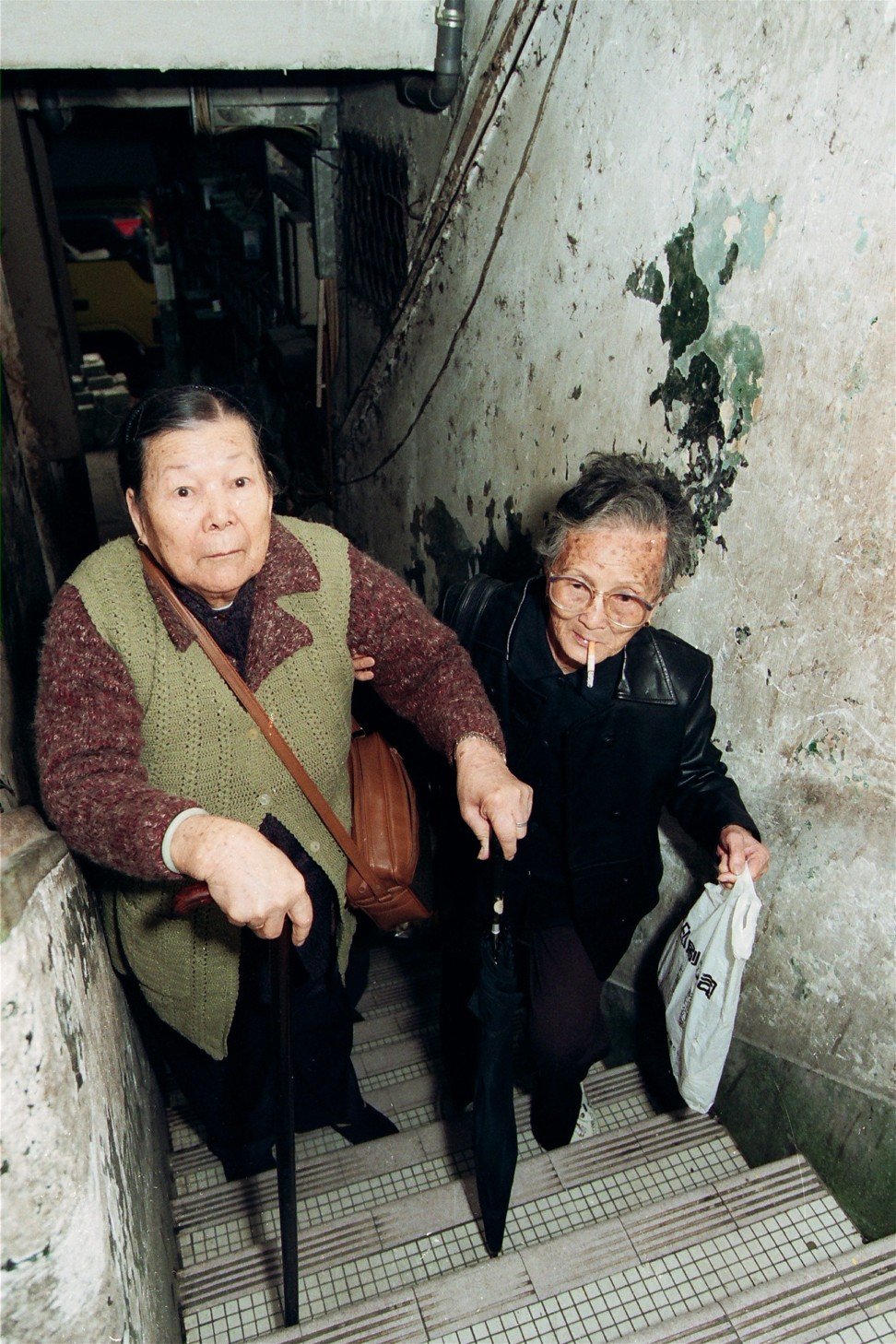
The secret to Hongkongers’ longevity? We walk more than anyone else in the world
Peter Kammerer says Hong Kong’s long life expectancy can’t be put down to the low smoking rate, or the resilience of the elderly generation. Rather, the reason might be all the walking people do
The latest study by the Japanese Ministry of Health, Labour and Welfare put the average life expectancy of Hong Kong women at 87.66 years and 81.7 years for men. Japanese women were second, at 87.26 years, and Spanish women third at 85.84 years. Second and third respectively for men were Switzerland with 81.5 years and Japan at 81.09. There are no corresponding figures from international organisations such as the World Health Organisation, as Hong Kong is not a member state.
When the rankings are released each July, experts in health and lifestyle are called on to explain why Hong Kong fares so well. Among the reasons are low rates of smoking, a seafood diet, the sub-tropical climate and close family ties. The latter, through regular get-togethers for lunch or dinner, is claimed to bring happiness and curtail loneliness – which is obviously not the case for all residents.
Resilience has also been cited. An estimated 70 per cent of the population over the age of 70 came from the mainland, the majority as economic refugees. Many of those now in their 80s and older also fled the civil war and the Japanese invasion, experiencing severe hardship, including famine and disease. People who have survived such difficulties are bound to be tough in body and spirit. But that was also the lot of many in Asia and Europe during the 1930s and 1940s.

There are plenty of studies espousing the health benefits of walking, even if only for 30 minutes a day. Some say a brisk stride is best, others contend even an amble is good enough, and a few praise the merits of a steep flight of steps. The advice for those who want to add a few extra years to their life is that, whenever practical, taking the footpath will pay off better than getting into a vehicle. Most Hongkongers walk a lot, but out of necessity, not choice.
Studies say it is a good thing, though: walking prolongs life. It reduces the risk of diabetes, high blood pressure, respiratory and heart diseases, and even cancer. Walking is also free. It’s convenient, requiring no special training or equipment, and it can be done at any age. Hongkongers have obviously worked all that out. I’d wager it’s the reason, coupled with proximity to hospitals and a healthy diet, why they live longer.
Peter Kammerer is a senior writer at the Post


